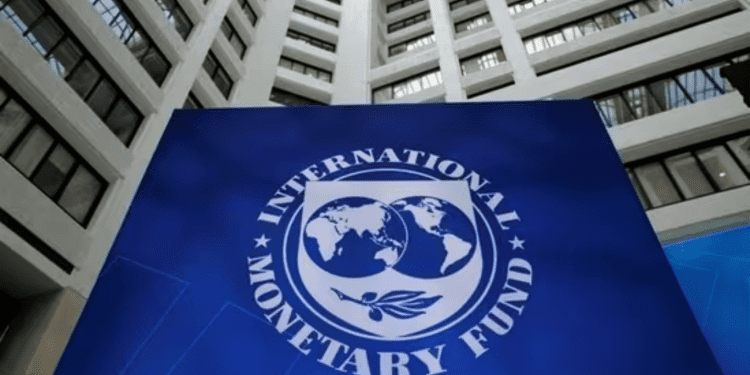- Indian Finance Minister Nirmala Sitharaman calls for a global consensus on cryptocurrency regulation.
- India has put the regulation of digital assets as a key agenda for its G20 presidency this year.
- India plans to host a meeting in September to take the lead in developing a framework for cryptocurrency regulation.
Nirmala Sitharaman, India’s Finance Minister, has emphasized the importance of reaching a global consensus on cryptocurrency regulation.
Sitharaman believes that a universal agreement is needed to effectively govern private digital assets while allowing the unrestricted use of digital assets. When she made these remarks, the Finance Minister spoke at an event in Bengaluru, India’s Silicon Valley.
According to Sitharaman, “No one country individually, in a matter of technology-driven, a crypto asset, can effectively control it because technology doesn’t have any borders. It can just pass through.
So the very character of it being technology driven requires all countries to be on board, or else it will not be effective. “The Minister insisted that this did not imply authority over “distributed ledger technology.”
According to the Economic Times, Sitharaman said: “The G20, of which India is currently holding the Presidency, it was India’s proposal, and it has been taken on board. I’m glad that the G20 has kept it on its agenda for this year. The IMF has given a paper on cryptocurrency and how it can affect macroeconomic stability.
The Financial Stability Board (FSB), which G20 set up, has agreed to give a report that will also focus on financial stability.
India Proposes Crypto Regulation as a Key G20 Agenda Item
The regulation of digital assets is a significant priority for India’s G20 presidency this year. By putting this topic on the agenda, India is pressuring the international community to work together to create an appropriate framework for cryptocurrency regulation.
The International Monetary Fund (IMF) has issued a report on the potential impact of private digital assets on macroeconomic stability.
In addition, the G20-established Financial Stability Board (FSB) issued a report on the financial stability of decentralized finance and cryptocurrencies. In September, India will host a meeting of G20 Presidents and Prime Ministers to discuss regulating digital assets.
India intends to seize this opportunity to take the lead in addressing the challenges posed by cryptocurrencies and developing a regulatory framework for them. The Reserve Bank of India (RBI) has maintained a strict stance on cryptocurrencies, with Governor Shaktikanta Das advocating for stringent regulations.
India Maintains Global Approach To Crypto
Sitharaman has previously stated the importance of a global stance on cryptocurrencies. Sitharaman said during a post-budget meeting with the Reserve Bank of India (RBI) that the Indian government is discussing with fellow G20 members a unified global approach to regulating cryptocurrencies.
She also stated at the time that if a technology-driven asset like cryptocurrency is to be regulated, “one country cannot do anything.”
When asked about India’s desire to ban cryptocurrency, the FM stated previously: “Cryptocurrencies are, by definition, borderless and require international collaboration to prevent regulatory arbitrage.
Therefore, any legislation for regulation or banning can be effective only after significant international collaboration on evaluating the risks and benefits and evolution of common taxonomy and standards.”














